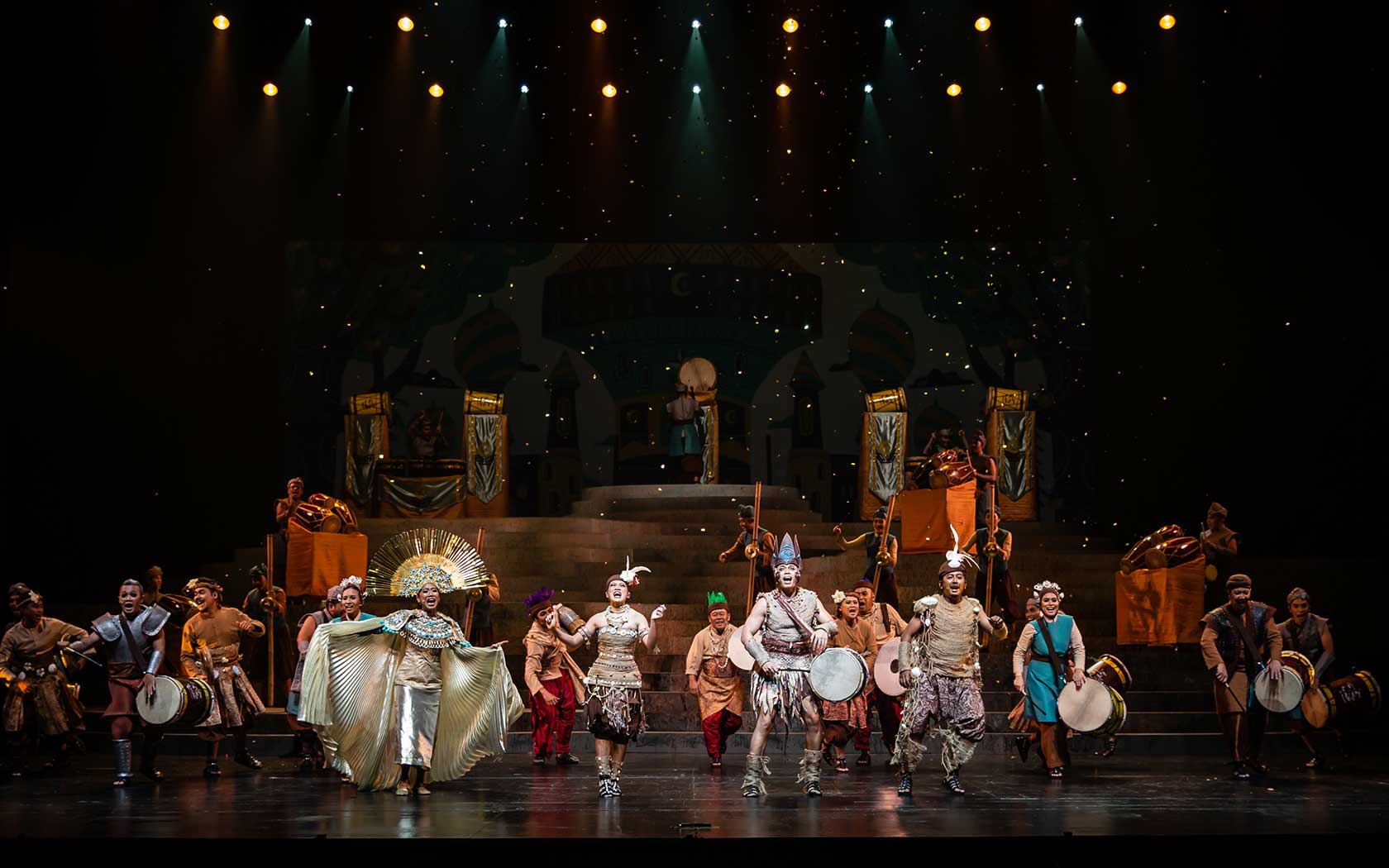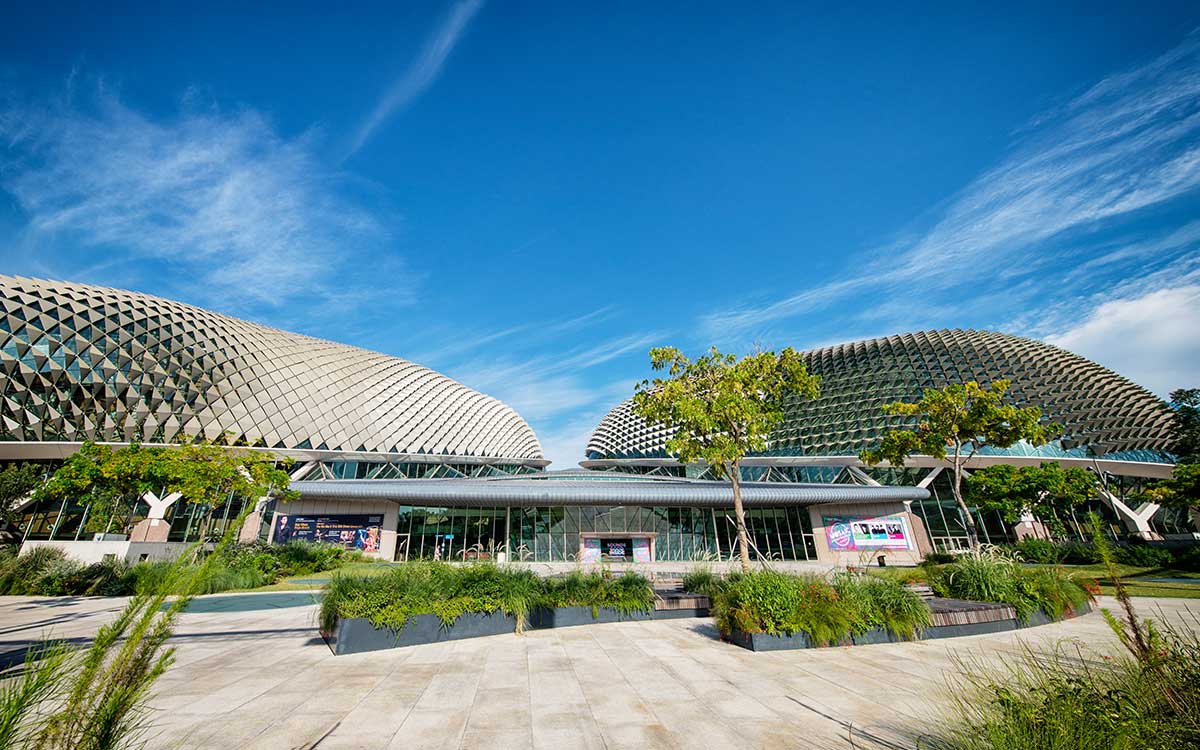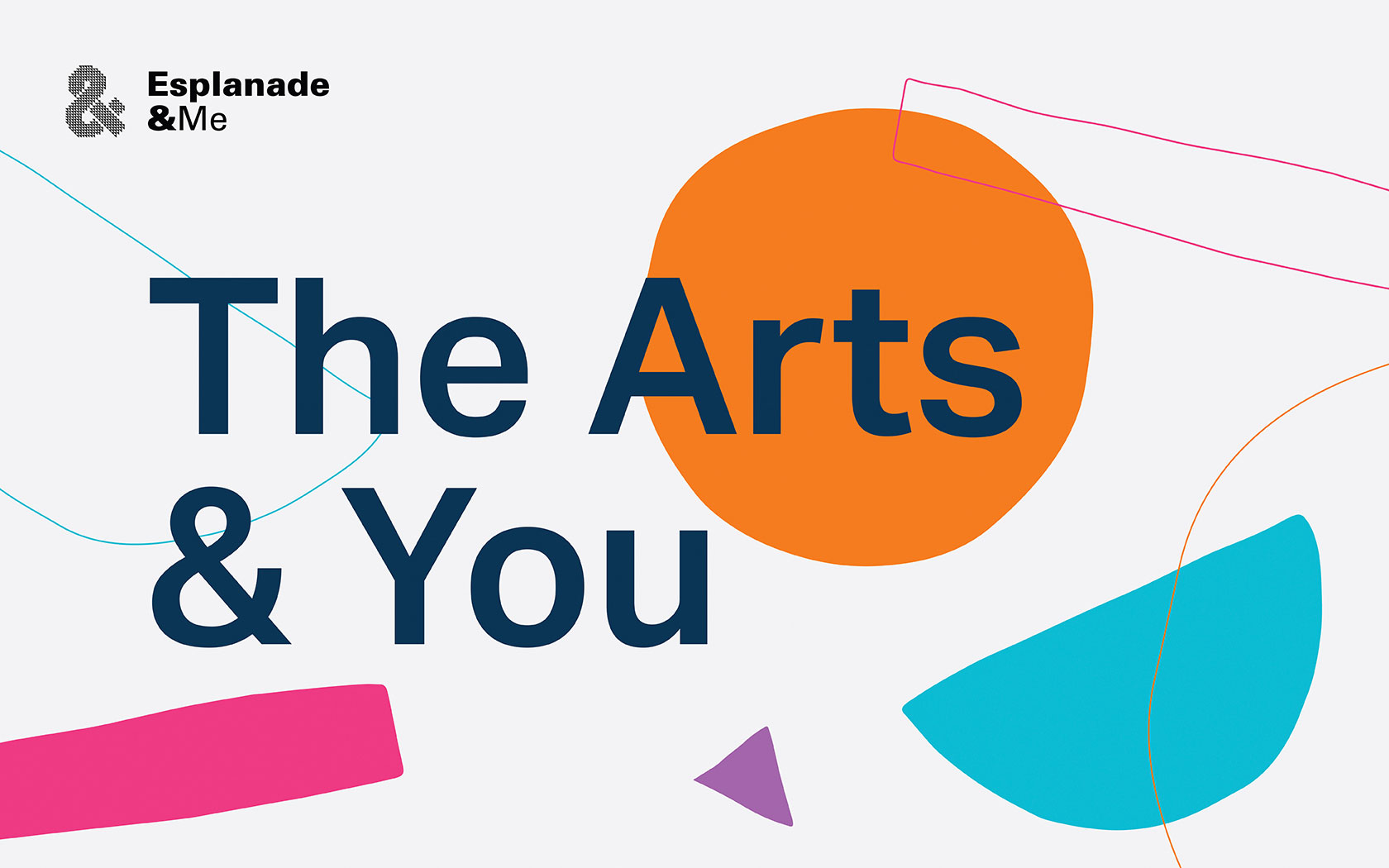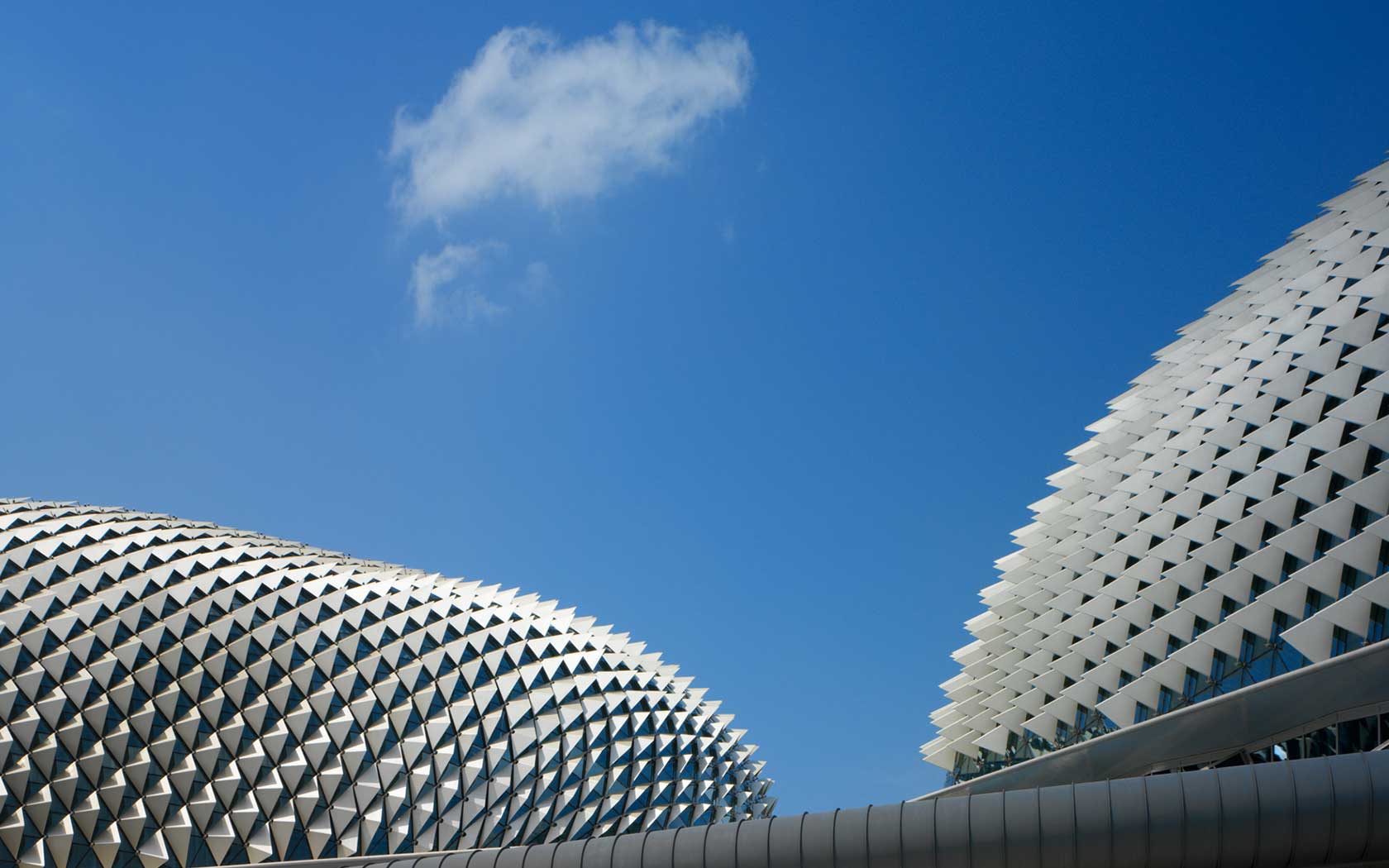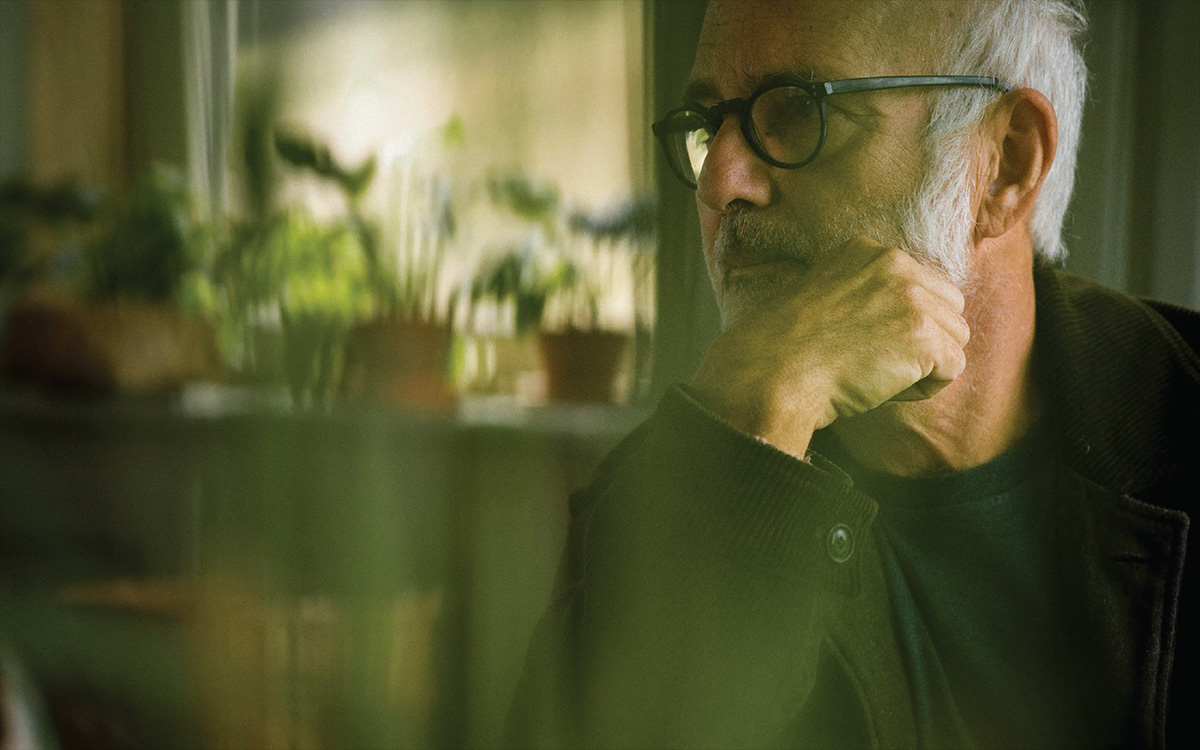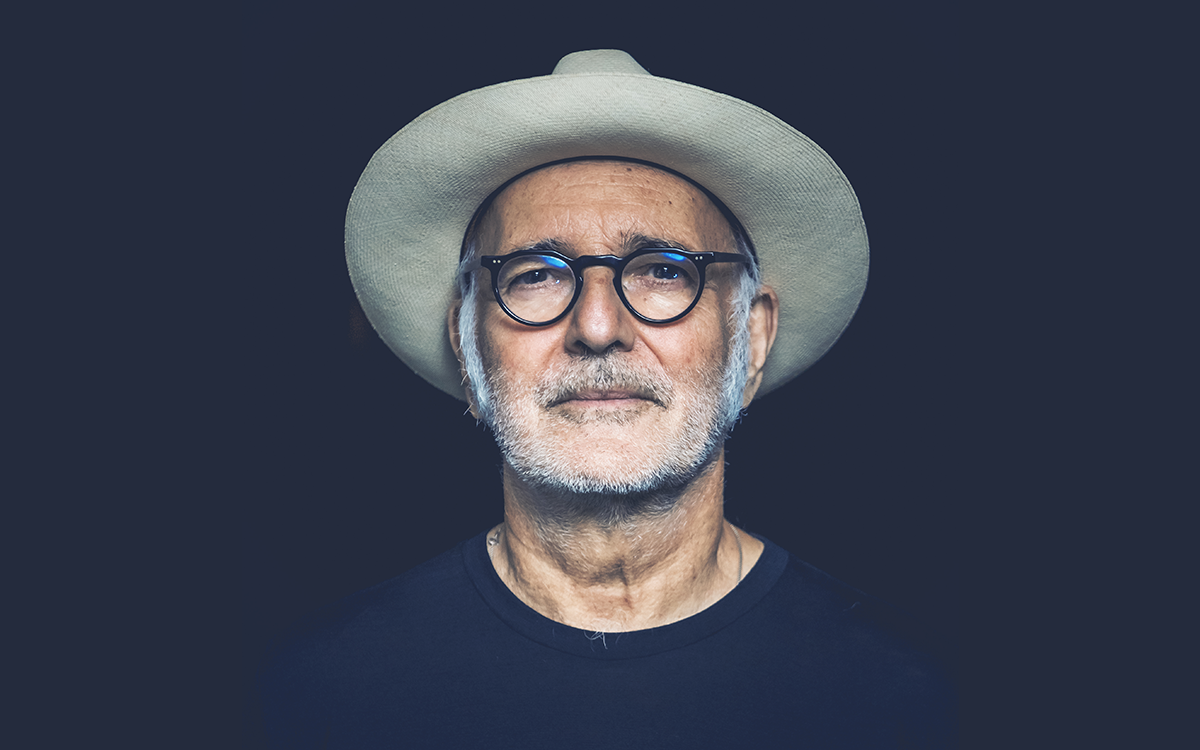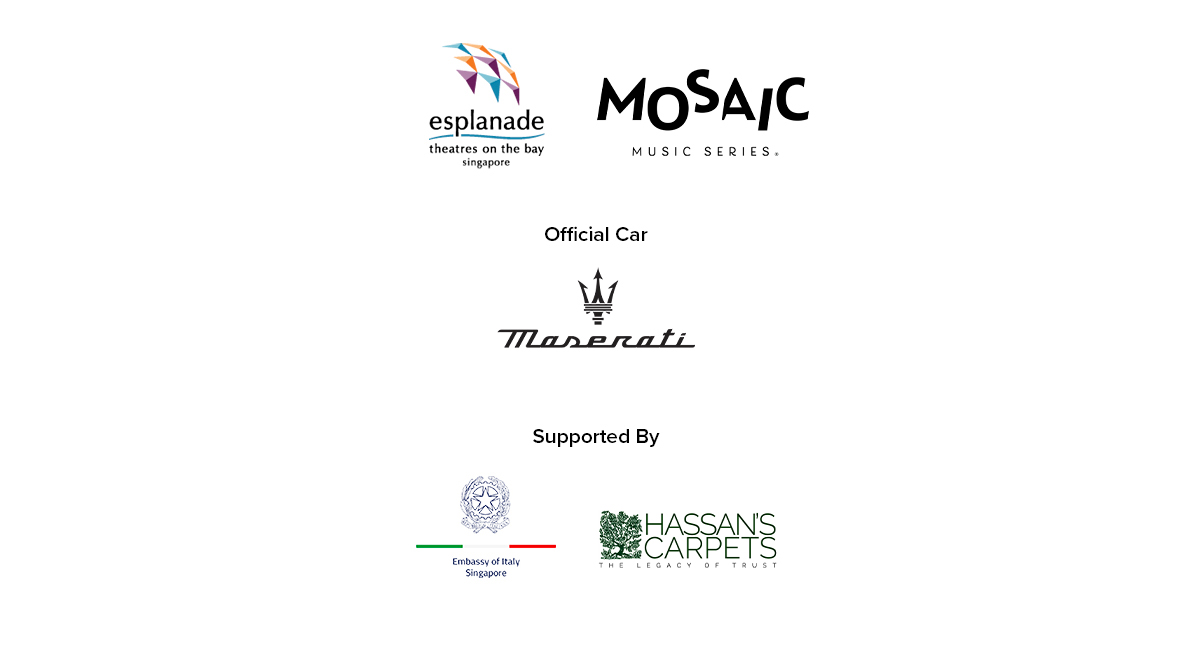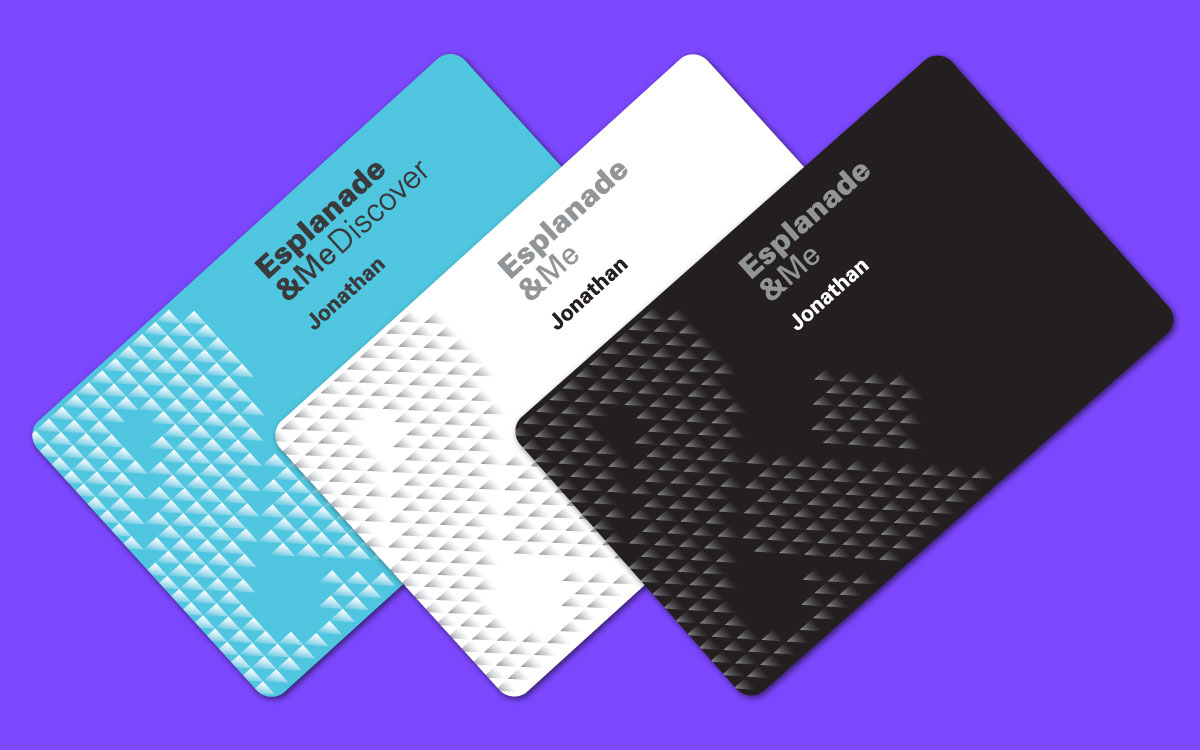Pianist and composer Ludovico Einaudi was born in Turin on November 23rd, 1955. He began to study music at the Conservatory of Turin and graduated under Azio Corghi at the Conservatory of Milan. In 1982, his talents won him a scholarship to the Tanglewood Music Festival. He spent the next several years composing for ballet, cinema and theatre, as well as numerous pieces for orchestra and ensemble. It was with Le Onde [The Waves] (1996), his first solo album inspired by Virginia Woolf’s novel, that he truly caught the piano world’s attention.
The score he wrote in 2002 for the remake of Doctor Zhivago triumphed at the New York Film Festival, confirming the increasing prestige of his soundtracks: Not of This World (2000), Light of My Eyes (2001), The Untouchables (2011), Samba (2014), and many more. He began performing in increasingly important venues, such as La Scala of Milan the Hangar Bicocca and the Royal Albert Hall. In his next studio album, Una mattina (2004), Einaudi's music becomes more introspective, while in the following Divenire it expands, driven by the sonorities of the Royal Liverpool Philharmonic Orchestra. Both records, which were already topping the classical charts, also crossed over into the pop charts. He was the only classical musician to play at the first iTunes festival.
In 2009, he released Cloudland, with Robert and Ronald Lippok, and Nightbook. The peak performance of his European and American tour was once again at the Royal Albert Hall, recorded live and later released. For two consecutive summers, he conducted the Orchestra della Notte della Taranta. In 2013, he released In a Time Lapse, a reflection on time recorded in a monastery, in which his piano was accompanied by strings, percussion and electronic tracks. The world tour that followed featured remarkable performances at venues such as Sydney Opera House and Arena of Verona. The album Elements (2015) was recorded over three months in his home studio in the Langhe countryside. In 2016, he performed Elegy for the Arctic, commissioned by Greenpeace, on a floating platform amidst the ice in the Arctic Ocean. The same year marked the debut of Dieci Notti at Teatro Dal Verme, Milan, which would become an annual concert series.
Emerging from long winter walks in the mountains, Seven Days Walking was an ambitious project of seven records, released monthly from March to October 2019. During this time, he resumed touring major venues, including seven consecutive sold-out shows at London’s Barbican. Performances and tours were interrupted by the pandemic, but some of his music from Seven Days Walking and Elements continued to walk on its own in highly acclaimed films such as Nomadland by Chloé Zhao and The Father by Florian Zeller. Much of his musical production for the screen is collected in Cinema (2021), preceded by two collections recorded during the lockdown and released in 2020: 12 songs from home and Einaudi Undiscovered, a series of lesser-known songs by the composer.
In the summer of 2021, Einaudi took his music back to nature, in a series of eleven concerts immersed in the breathtaking scenery of natural landscapes. It was the experience of suspended time during the lockdown that led to the new solo piano album, Underwater (2022), “a metaphor for fluidity without external interference”. In October 2022, he received the Opus Klassik award for the album Underwater, going on to tour the album to great success in the American continent, Europe and Central Asia.

